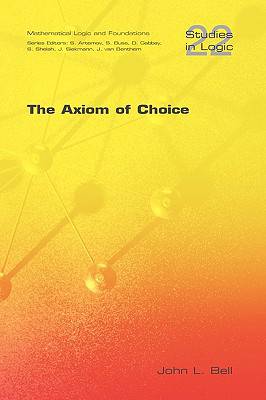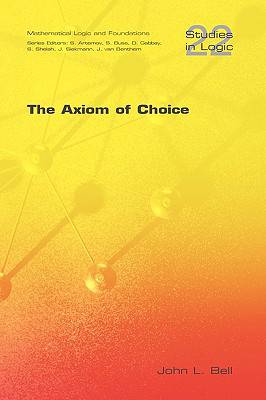
- Afhalen na 1 uur in een winkel met voorraad
- Gratis thuislevering in België vanaf € 30
- Ruim aanbod met 7 miljoen producten
- Afhalen na 1 uur in een winkel met voorraad
- Gratis thuislevering in België vanaf € 30
- Ruim aanbod met 7 miljoen producten
Zoeken
Omschrijving
This book presents an overview of the development of the Axiom of Choice since its introduction by Zermelo at the beginning of the last century. The book surveys the Axiom of Choice from three perspectives. The first, or mathematical perspective, is that of the "working mathematician". This perspective brings into view the manifold applications of the Axiom of Choice-usually in the guise of Zorn`s Lemma- in a great variety of areas of mathematics. The second, foundational, perspective is that of the logician or constructive mathematician concerned with the foundational status of the Axiom of Choice. The third, topos-theoretical, perspective is that taken by the mathematician or logician investigating the role of the Axiom of Choice in topos theory. Certain topics-for instance mathematical applications of the Axiom, and its relationship with logic-are discussed in considerable detail. Others-notably the consistency and independence of the Axiom of the usual systems of set theory-are given no more than summary treatment, the justification here being that these topics have been given full expositions elsewhere. It is hoped that the book will be of interest to logicians and mathematicians, both professional and prospective.
Specificaties
Betrokkenen
- Auteur(s):
- Uitgeverij:
Inhoud
- Aantal bladzijden:
- 264
- Taal:
- Engels
- Reeks:
Eigenschappen
- Productcode (EAN):
- 9781904987543
- Verschijningsdatum:
- 23/11/2009
- Uitvoering:
- Paperback
- Formaat:
- Trade paperback (VS)
- Afmetingen:
- 156 mm x 234 mm
- Gewicht:
- 371 g

Alleen bij Standaard Boekhandel
+ 44 punten op je klantenkaart van Standaard Boekhandel
Beoordelingen
We publiceren alleen reviews die voldoen aan de voorwaarden voor reviews. Bekijk onze voorwaarden voor reviews.











